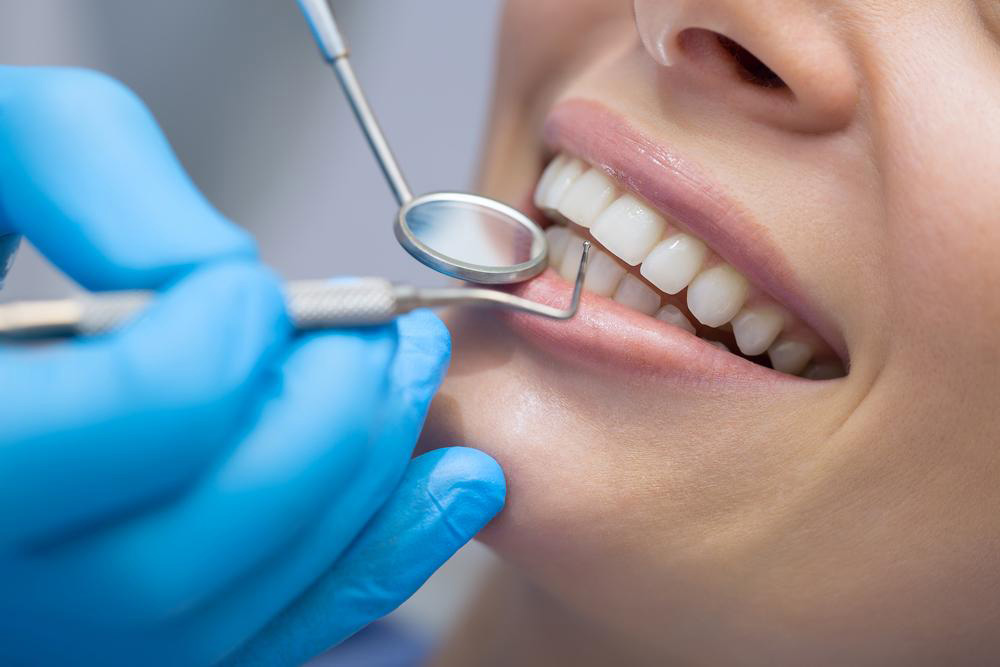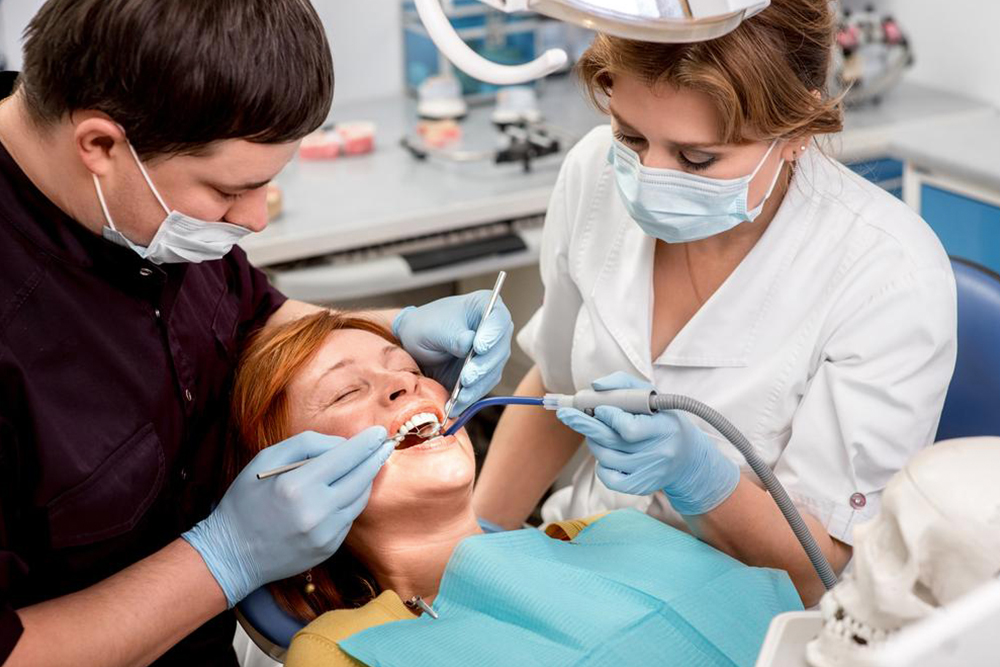Cost Analysis of Dental Implant Procedures in Germany
This article provides an in-depth overview of dental implant costs in Germany, highlighting factors influencing pricing, benefits, and insurance options. It offers essential insights for those considering this restorative dental procedure, emphasizing quality, affordability, and long-term value. The content assists prospective patients in making informed decisions regarding their oral health investments through detailed cost breakdowns and practical advice.

Understanding Dental Implant Expenses in Germany
Dental implants are a popular choice for replacing missing teeth and restoring oral functionality and aesthetics. In Germany, these implants are valued for their longevity, natural look, and effectiveness. Knowing the factors impacting their cost is vital for prospective patients considering this treatment option in Germany.
What Are Dental Implants?
Dental implants are prosthetic roots made from biocompatible materials such as titanium, surgically placed into the jawbone. They serve as stable anchors for either fixed or removable artificial teeth, designed to resemble natural teeth seamlessly.
Components of a Dental Implant System
Implant Fixture: The screw-like device inserted into the jawbone.
Abutment: The connector that attaches the crown to the implant.
Crown: The visible artificial tooth that mimics a natural tooth.
Advantages of Dental Implants
Aesthetic Appeal: Implants mimic the look and feel of natural teeth, bonding with the bone for a permanent solution.
Speech Clarity: Unlike poorly fitted dentures, implants do not slip, helping you speak confidently.
Comfort: Being part of your mouth, implants eliminate the discomfort common with removable dentures.
Eating Ease: Implants function like your natural teeth, enabling you to enjoy your preferred foods without issues.
Longevity: With proper care, dental implants can last for many years, often a lifetime.
Cost Factors for Dental Implants in Germany
Number of Implants: Higher numbers increase overall costs.
Type of Implant: Material choices and procedural variations influence prices.
Procedural Preparations: Additional treatments like bone grafts or sinus lifts add to expenses.
Clinic and Specialist Experience: Top-tier clinics and highly experienced dentists may charge higher fees.
Location: Regional cost differences within Germany impact pricing.
Insurance Coverage: The extent of your insurance support can lower out-of-pocket costs.
Typical Price Breakdown
In Germany, the total cost for a single dental implant typically includes:
Consultation and Diagnostics: €100 - €300
Implant Fixture: €900 - €2,000
Abutment and Crown: €500 - €1,200
Surgical Procedures: €400 - €1,200
Additional Procedures (e.g., bone grafts, sinus lifts): €500 - €2,500
Overall, pricing per implant ranges from €1,800 to €4,500, excluding extra procedures.
Insurance and Payment Options
In Germany, public health insurance (GKV) may cover part of the costs, but usually only a small fraction. Private insurance (PKV) often offers more comprehensive coverage, potentially up to 80%. Many clinics also provide financing options, making payments more manageable over time.
Dental implants offer a durable and effective solution for tooth loss, greatly enhancing overall oral health and quality of life. While the initial expense can be substantial, the long-lasting benefits and improved well-being justify the investment. Careful planning and understanding of options ensure optimal results. For tailored advice, it’s best to consult a licensed dental professional in Germany.
This information aims to guide readers about dental implant costs and considerations in Germany. Always seek professional medical advice for personalized treatment plans.










